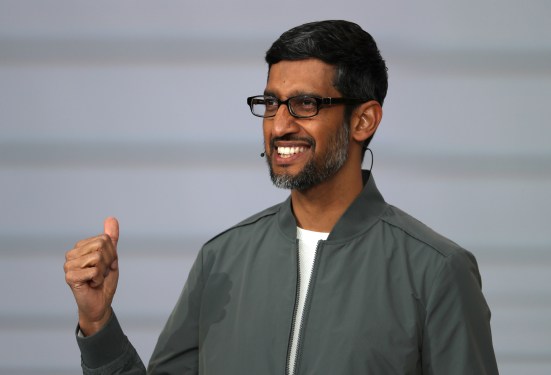AI: Alphabet’s Sundar Pichai Addresses Workforce Concerns Amid Growth Plans

In a recent interview, Alphabet CEO Sundar Pichai tackled the prevailing concerns regarding AI’s impact on employment, specifically the belief that automation could displace a significant portion of the company’s workforce, which currently comprises 180,000 employees. Pichai emphasized that instead of job losses, AI serves as a catalyst for productivity, enhancing the role of engineers by automating routine tasks and allowing them to dedicate more time to innovative work.
Contrary to widespread fears, Pichai noted that AI is poised to drive growth within Alphabet. “I expect we will transition out of our engineering phase and into a period of expansion next year,” Pichai stated. He portrayed AI as an accelerator for new ideas and product development, suggesting that this technological advancement would not lead to layoffs but rather create new positions in response to rising demands.
In the face of recent layoffs, which included less than 100 staff cuts in the cloud division earlier this year, and even larger reductions in prior years, Pichai reassured employees. The recent cuts were described as more targeted, with significant reductions executed in the previous two years, totaling 12,000 staff laid off in 2023 alone.
Looking toward the future, Pichai highlighted Alphabet’s ongoing ventures like Waymo’s autonomous technology, advancements in quantum computing, and the impressive growth of YouTube, where channels in India have surged to 100 million, with 15,000 boasting over a million subscribers each. This diversification, he argued, showcases the vast potential for innovation.
During the discussion, Pichai acknowledged the legitimate fears surrounding job displacement, echoing sentiments from industry figures like Dario Amodei, CEO of Anthropic, who suggested that AI may threaten many entry-level white collar jobs in the coming years. Pichai recognized the importance of addressing these concerns publicly.
As the dialogue neared conclusion, the topic shifted to artificial general intelligence (AGI). When asked about the possibility of achieving a level of AI that matches human intelligence across all domains, Pichai hinted at uncertainty, noting that while there is a lot of exciting research ahead, the path to AGI is not a guaranteed trajectory. “We may encounter periods of stagnation in technology, and predicting a clear path to AGI is complex,” he concluded, expressing cautious optimism about the future of AI development.
